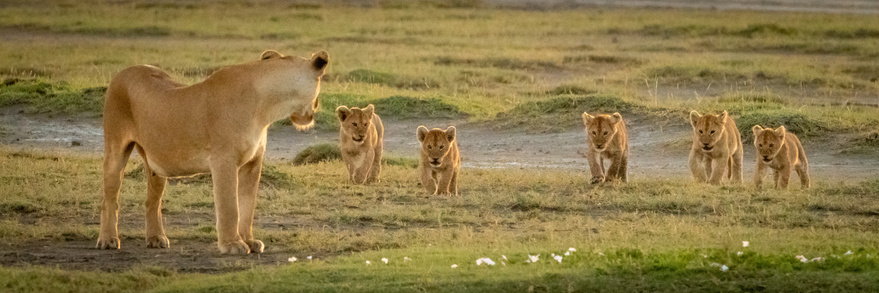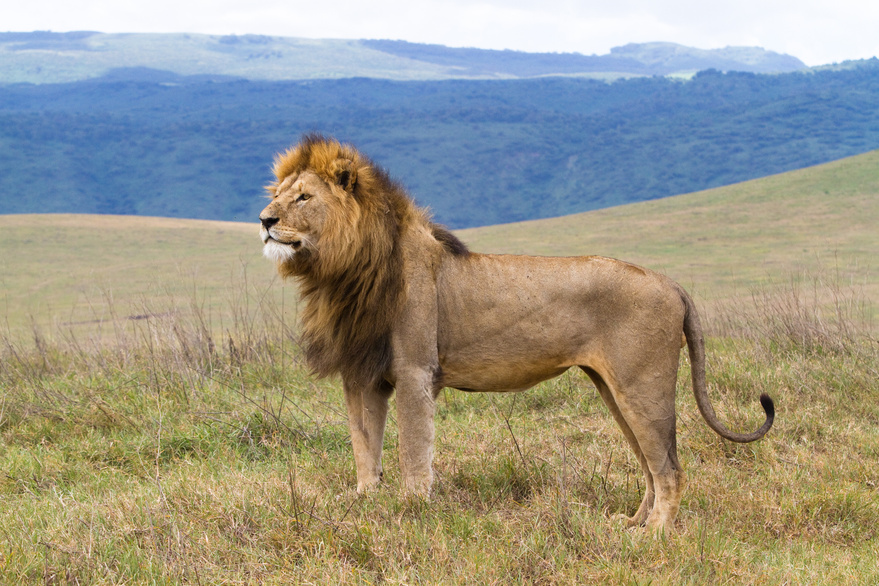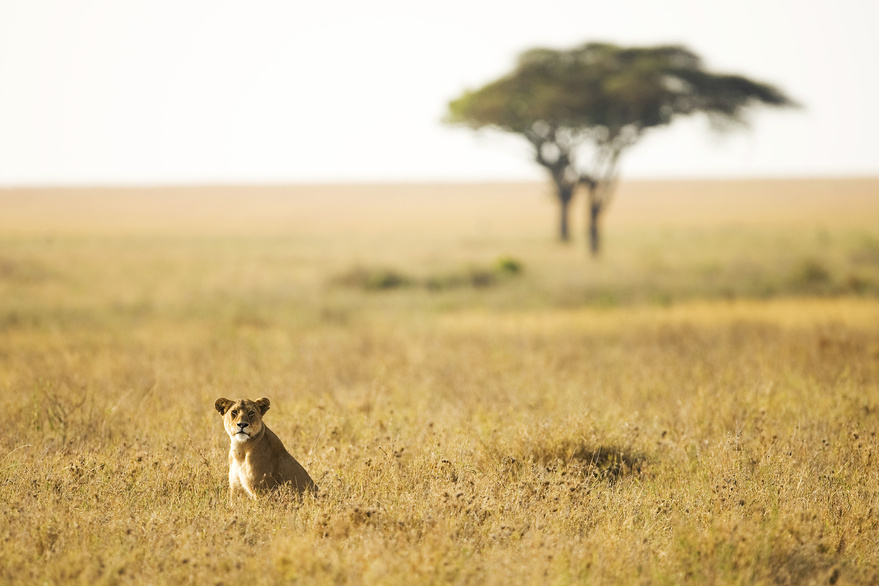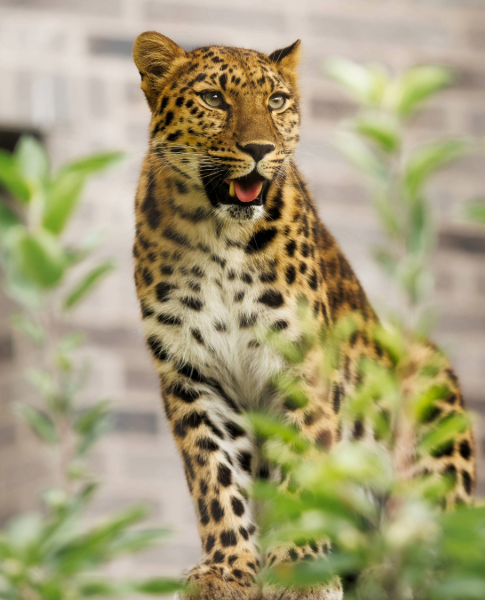Even The Strong Need Support: Joining Forces for Lion Conservation
Posted on Tuesday, August 10th, 2021
Lions are such a symbol of the African wild that it is nearly impossible to picture it without them.

As wild lion populations decrease – their numbers have halved in the last 20 years – the outlook seems increasingly grim, but connecting with conservationists working to protect Africa’s large carnivores is an excellent shot-in-the-arm of hope for these big cats’ future. As the zoo community celebrates World Lion Day on August 10, there are positive updates from the field to amplify the critical work being done.
In choosing its partners in the field, Cleveland Metroparks Zoo seeks conservation organizations that approach their work holistically, think strategically, and perhaps most importantly, pursue collaborations that advance the mission and build capacity. Ruaha Carnivore Project (RCP), which recently shared some exciting news, is a good example of these principles.

RCP has worked collaboratively with Lion Landscapes over the last year to increase impact in protecting large carnivores through research and monitoring; education and capacity building; and community programs and benefits. For your Zoo’s efforts in lion conservation, this means greater scalability, visibility, and reach; more communities engaged, and more carnivores protected.
Collaborating for Better Conservation - Lion Landscapes and The Ruaha Carnivore Project Merge
World Lion Day is an opportunity to raise awareness and support for crucial programs that protect large carnivores and bolster the communities that live alongside them. Your support helps the Ruaha Carnivore Project continue and build these initiatives:
- Livestock protection: Reinforced corrals, guardian dogs, and Lion Defenders reduce preventative and retaliatory killings of lions.
- Lion Defenders: Pastoralist warriors are engaged in a culturally appropriate program that enables participants to gain the benefits traditionally associated with hunting lions – wealth and status – with just the opposite: protecting them.
- Community benefits: Tying the presence of wildlife to increased community benefits, RCP provides services in education and scholarships, nutritious meals for children, improved, accessible healthcare, and veterinary medicine to people coexisting with large carnivores.
- Research: Ecological research, community camera trapping, and innovative satellite collaring create a deeper understanding of lion distribution and inform strategic, range-wide conservation plans.

African lion populations are now smaller than the population of elephants, rhinos and gorillas - with about 20,000 lions remaining in the wild. Protecting wild lions is a vitally important part of the African wild ecosystem. And, protecting lions – along with other large carnivores such as cheetahs, wild dogs, and hyenas – also means helping a healthy habitat and the myriad of species with which it’s shared.
Author: Emily Baber


